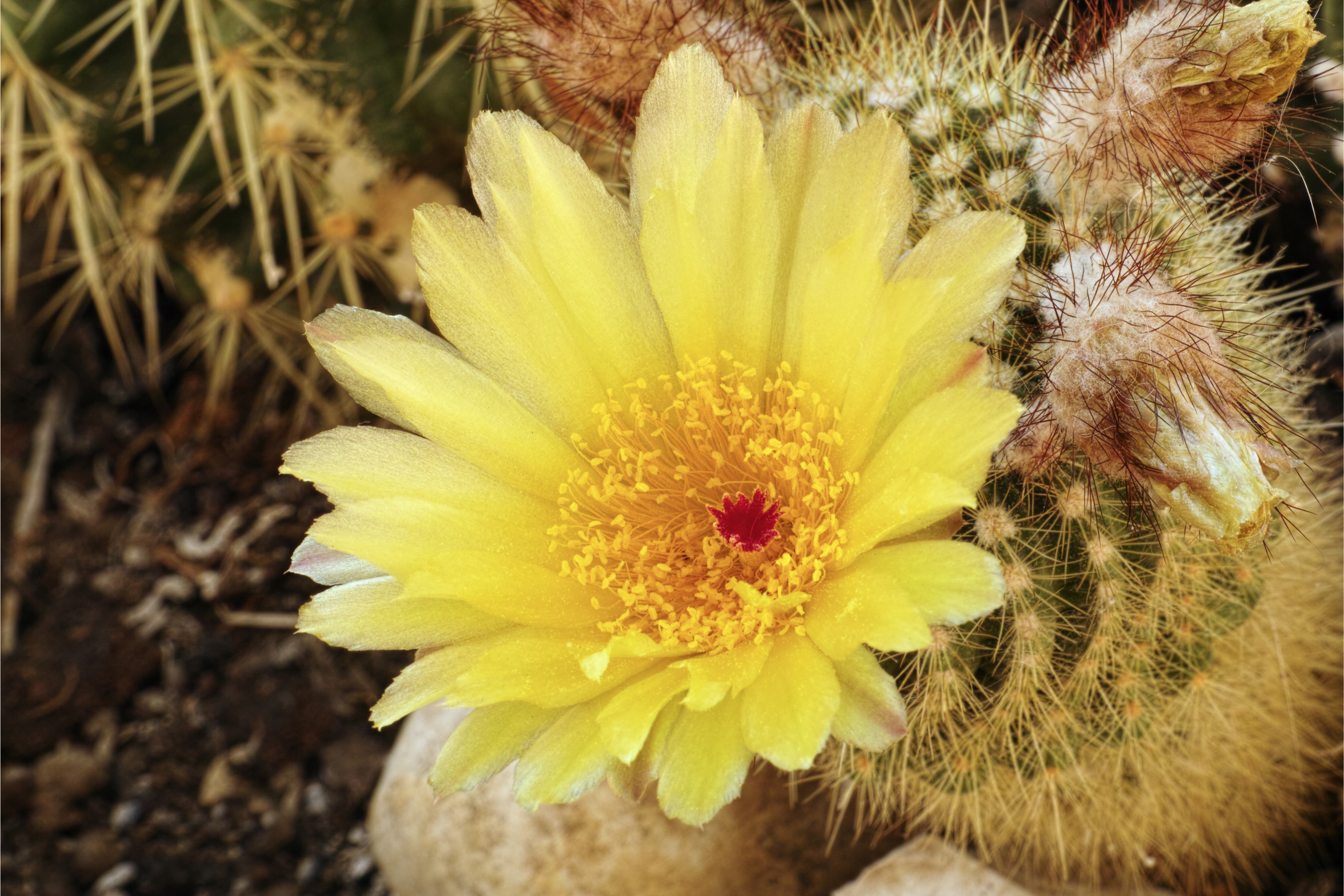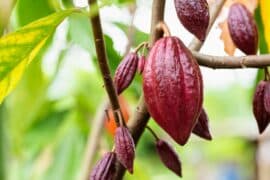Silver ball cactus
(Parodia scopa)

Description
Parodia scopa (syn. Notocactus scopa), the silver ball cactus, is a species of flowering plant in the cactus family Cactaceae, native to upland southern Brazil and Uruguay. It is a ball- or cylinder-shaped cactus growing to 5–50 cm (2–20 in) tall by 10 cm (4 in) broad, with a spiny, woolly crown and pale yellow flowers in summer. The specific epithet scopa means "broom" and refers to the long spines. The species was transferred from Notocactus to Parodia in 1997 by David Hunt. In cultivation it requires a minimum temperature of 10 °C (50 °F), therefore in temperate regions it must be grown under glass or as a houseplant. The subspecies P. scopa subsp. scopa has gained the Royal Horticultural Society's Award of Garden Merit. Parodia is a genus of flowering plants in the cactus family Cactaceae, native to the uplands of Argentina, Peru, Bolivia, Brazil, Colombia and Uruguay. This genus has about 50 species, many of which have been transferred from Eriocactus, Notocactus and Wigginsia. They range from small globose plants to 1 m (3 ft) tall columnar cacti. All are deeply ribbed and spiny, with single flowers at or near the crown. Some species produce offsets at the base. They are popular in cultivation, but must be grown indoors where temperatures fall below 10 °C (50 °F). The genus is named after Domingo Parodi, one of the early investigators of the flora of Paraguay.
Taxonomic tree:







